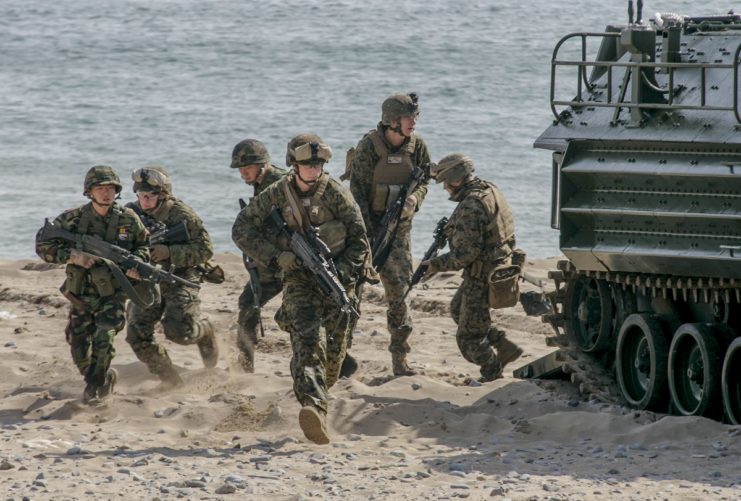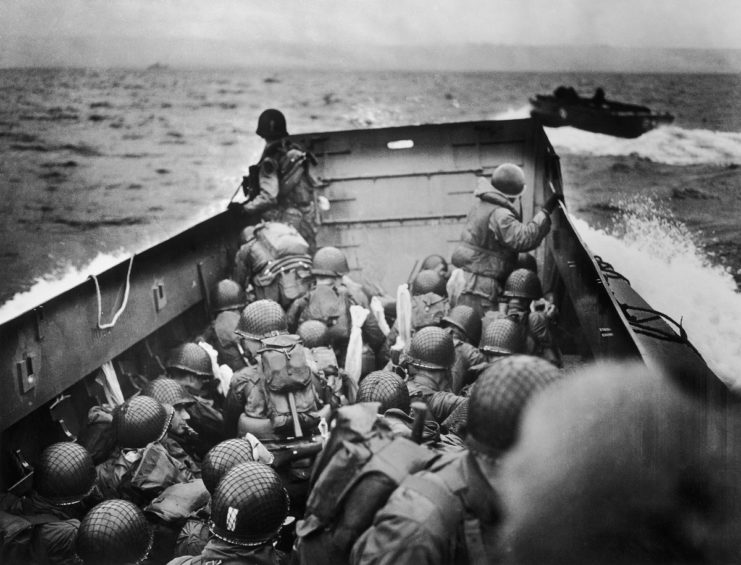Depending on who you ask, the meaning of “G.I.” can vary. From government issue to general issue, no one can seem to agree on one single answer. Surely, one of the most well-known designations for American troops has to have a fairly certain beginning, right? Actually, it’s a lot more complicated than you may have first thought.
There have been many different names to represent US soldiers over the decades, like Leatherneck, Grunt, Johnny Reb, Yank, and Jarhead. Some apply to specific branches or services, while others have fallen from use entirely, but the one name that has been used to describe many soldiers in the US ranks for decades now is G.I.
The G.I.

It is seen stamped on equipment, the name for a US law, and even the name for an entire line of toys called G.I. Joe.
The name has been popular among troops, who have often identified themselves as G.I.s. The term is sometimes used in a satirical manner to play on the idea that troops are just a tool in the eyes of the government.
In addition, the short length of the name makes it easy to fit it into documents or titles.
So where did the name come from?

Unfortunately, the exact origin is hard to pin down, but there is a prevailing theory.
G.I. actually originated in WWI, not WWII.
The story goes that during the Great War, G.I. was stamped on items made from galvanized iron, like buckets and trash cans. Jokingly, American soldiers began calling large incoming German shells and bombs “G.I. cans,” with the nickname branching out to more items over time, such as equipment and even the troops themselves. It is likely that troops made this link because of the notion that they were a mass-produced tool, but also because galvanized iron is strong and tough, like troops.
So, you now know that the original meaning behind G.I. was not general issue or even government issue, but, perhaps underwhelmingly, galvanized iron. However, any of the common interpretations are valid today, as after all, if Douglas MacArthur believed it to mean general issue, we’re not going to argue that he was wrong.
